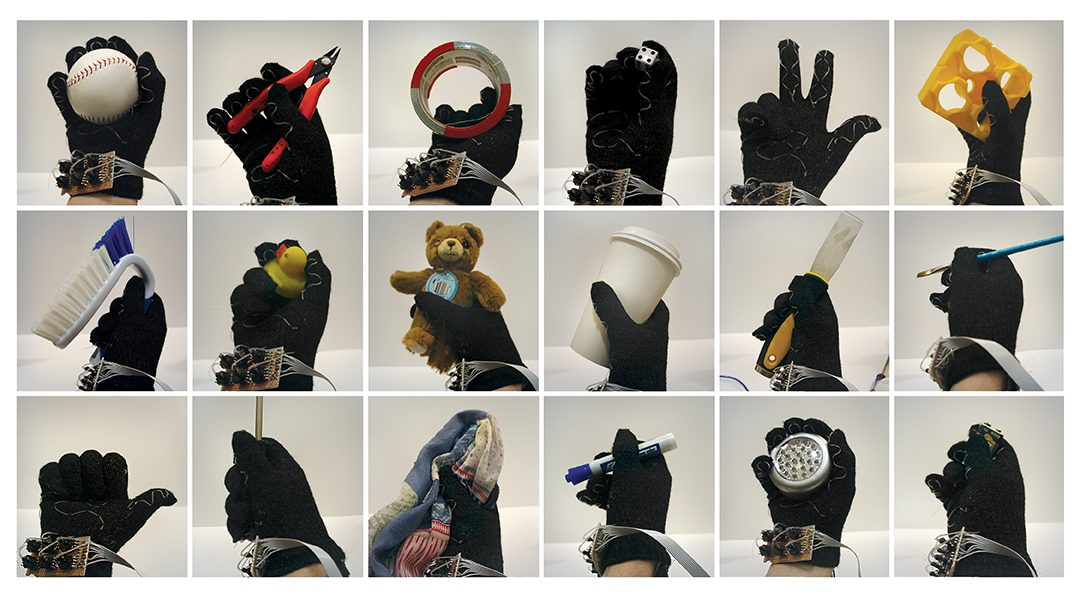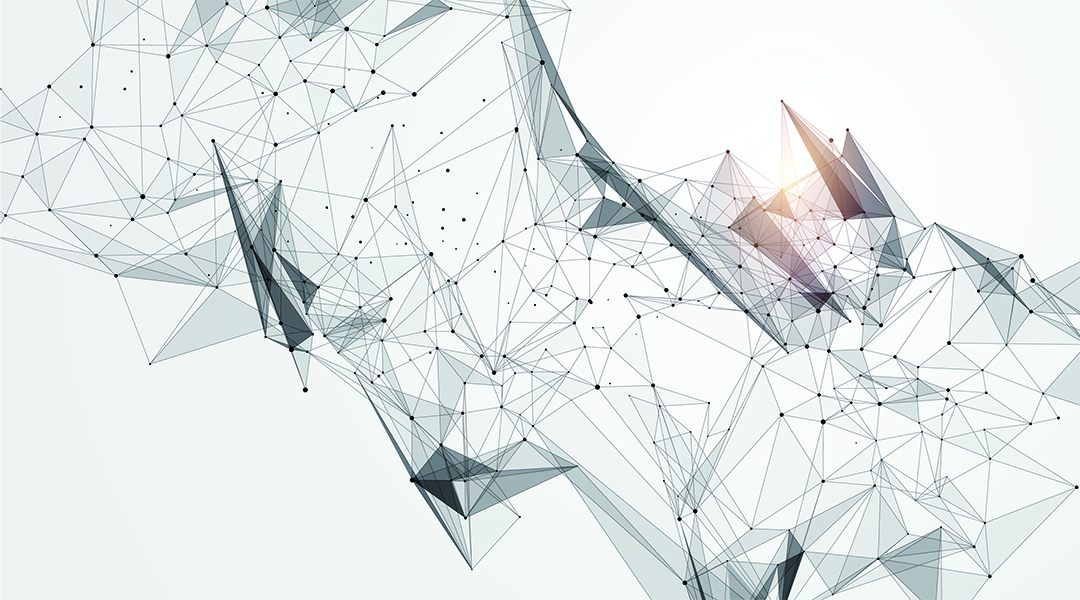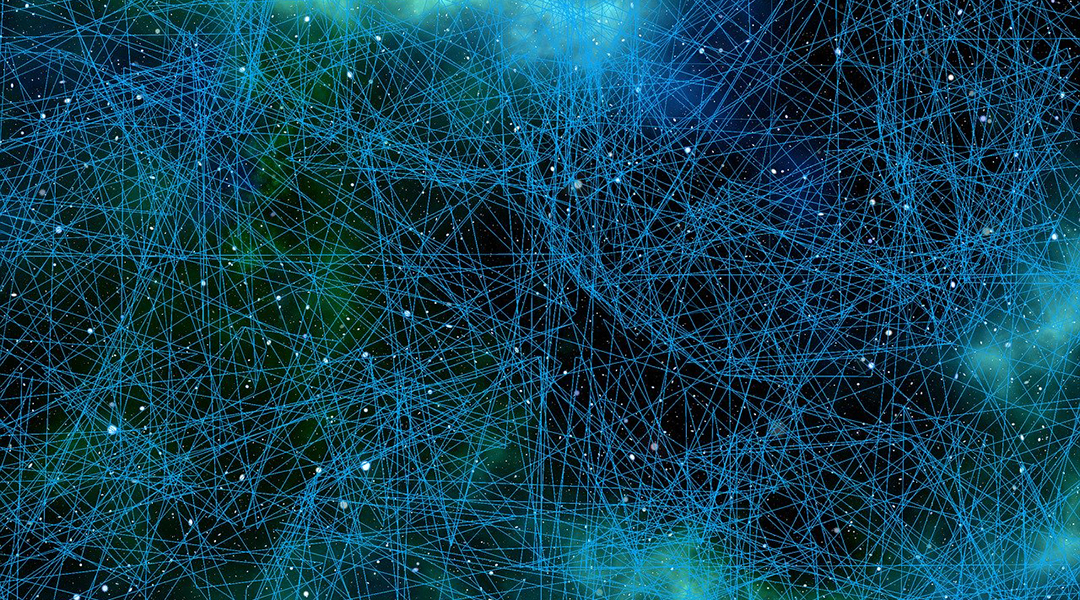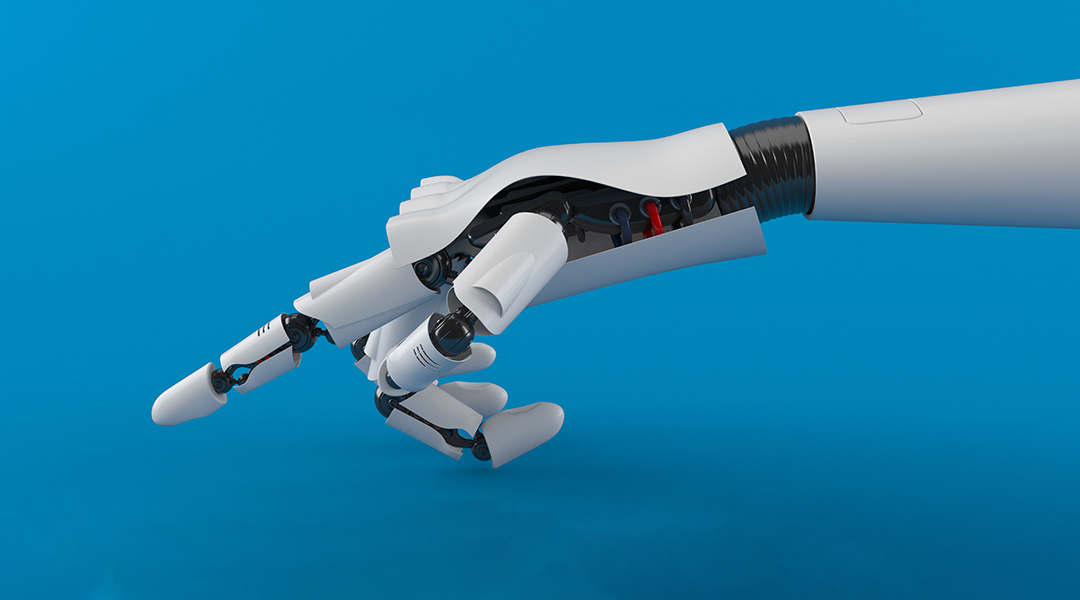Taking a look at the past, present, and future of combinatorial chemistry in materials research.


Taking a look at the past, present, and future of combinatorial chemistry in materials research.

Using off-the-shelf components and simple fibre-based construction, a new smart glove captures the complex sensing and high-order reasoning of the human hand.

New quantum algorithms will have dramatic impact in computational molecular biology and bioinformatics and promise to impact a number of life science applications.

From cracking eggs to plating the finished dish, a team of engineers have trained a robot to prepare omelettes that actually taste good.

A team of data scientists has developed a general-purpose recommendation system for insurance based on Bayesian networks and deep learning.

Identifying patient-specific response to cancer immunotherapy is urgently needed to maximize therapeutic benefit for as many people as possible.

Controlling the probability of a series of seemingly random events is the key to mimicking the human brain to optimize neuromorphic learning.

A new, flexible, and self-powered sensor made by magnetoelectric materials can convert mechanical stimuli to electrical signals for robots with a “soft touch”.

Researchers have created and structured a collection of freely accessible global datasets to support future studies on floods, droughts, and their interactions with changing societies.

Researchers from Freie Universität Berlin explore the impact of 3D pharmacophores on drug discovery, as well as recent developments in the field.